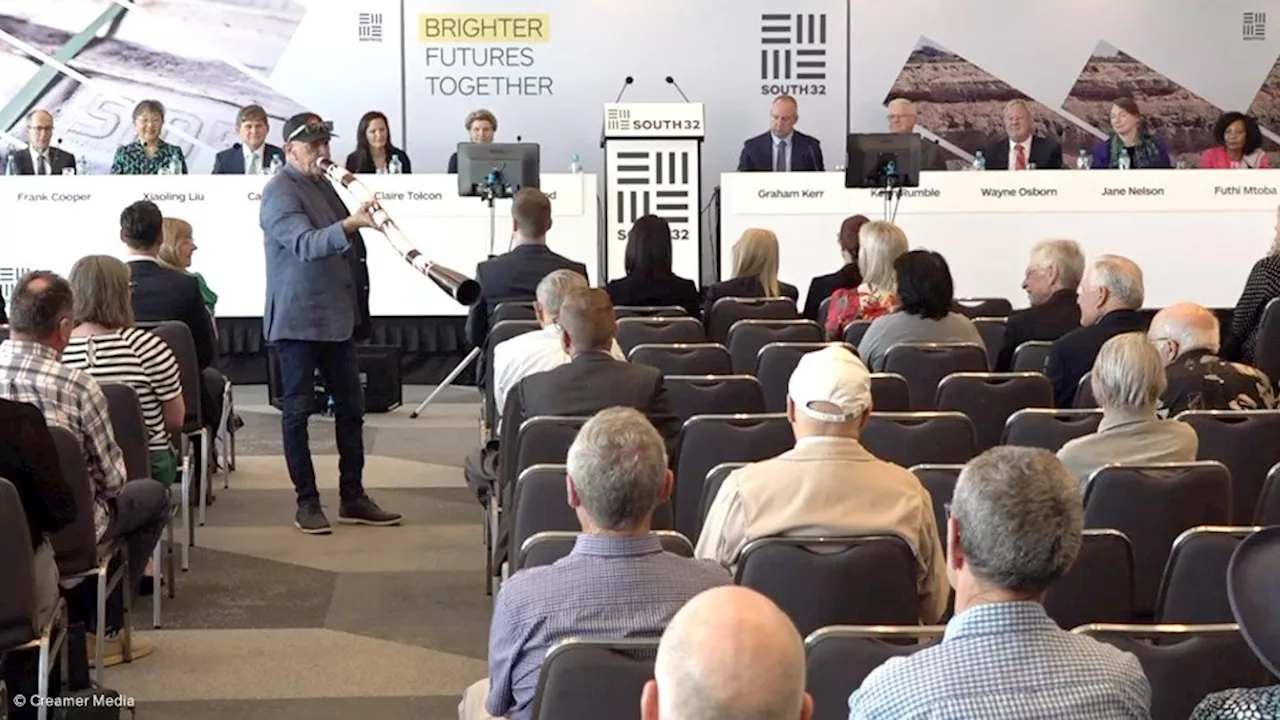A computer scientist has developed an AI-ready architecture that is twice as powerful as comparable in-memory computing approaches. The researcher applies a new computational paradigm using special circuits known as ferroelectric field effect transistors (FeFETs).
Within a few years, this could prove useful for generative AI, deep learning algorithms and robotic applications.Hussam Amrouch has developed an AI-ready architecture that is twice as powerful as comparable in-memory computing approaches. As reported in the journal Nature, the professor at the Technical University of Munich applies a new computational paradigm using special circuits known as ferroelectric field effect transistors .
The basic idea is simple: unlike previous chips, where only calculations were carried out on transistors, they are now the location of data storage as well. That saves time and energy."As a result, the performance of the chips is also boosted," says Hussam Amrouch, a professor of AI processor design at the Technical University of Munich .
AI is a powerful tool for studying the human genome. But its recent popularity has inundated the field with innovation. With so many options, it's hard to know which AI algorithms work best. ... Computer scientists developed a deep learning method to create realistic objects for virtual environments that can be used to train robots. The researchers used TACC's Maverick2 supercomputer to ...
Transistors have been miniaturized for the past 50 years, but we've reached the point where they can't continue to be scaled any further. Researchers review negative capacitance ...
United States Latest News, United States Headlines
Similar News:You can also read news stories similar to this one that we have collected from other news sources.
 Daily on Energy: Biden inks partnerships with Australia on clean energy, critical minerals, and climateBreanne Deppisch is an energy and climate policy reporter at the Washington Examiner. A former national political reporter, she has closely covered campaigns, Congress, and the White House since 2016.
Daily on Energy: Biden inks partnerships with Australia on clean energy, critical minerals, and climateBreanne Deppisch is an energy and climate policy reporter at the Washington Examiner. A former national political reporter, she has closely covered campaigns, Congress, and the White House since 2016.
Read more »
 Daily on Energy: What to watch as the House votes on energy appropriationsBreanne Deppisch is an energy and climate policy reporter at the Washington Examiner. A former national political reporter, she has closely covered campaigns, Congress, and the White House since 2016.
Daily on Energy: What to watch as the House votes on energy appropriationsBreanne Deppisch is an energy and climate policy reporter at the Washington Examiner. A former national political reporter, she has closely covered campaigns, Congress, and the White House since 2016.
Read more »
 South32 continuing to investigate reducing Hillside Aluminium’s emissions intensityThe long-term energy transition solutions on which South32 is focused are renewable energy and electrification.
South32 continuing to investigate reducing Hillside Aluminium’s emissions intensityThe long-term energy transition solutions on which South32 is focused are renewable energy and electrification.
Read more »
 LIGO surpasses the quantum limit | ScienceDailyResearchers report a significant advance in quantum squeezing, which allows them to measure undulations in space-time across the entire range of gravitational frequencies detected by LIGO.
LIGO surpasses the quantum limit | ScienceDailyResearchers report a significant advance in quantum squeezing, which allows them to measure undulations in space-time across the entire range of gravitational frequencies detected by LIGO.
Read more »
 Consumerism News -- ScienceDailyResearch news on consumerism and the effect of consumerism on society and the environment.
Consumerism News -- ScienceDailyResearch news on consumerism and the effect of consumerism on society and the environment.
Read more »
 Vision via sound for the blind | ScienceDailySmart glasses that use a technique similar to a bat's echolocation could help blind and low-vision people navigate their surroundings, according to researchers.
Vision via sound for the blind | ScienceDailySmart glasses that use a technique similar to a bat's echolocation could help blind and low-vision people navigate their surroundings, according to researchers.
Read more »
